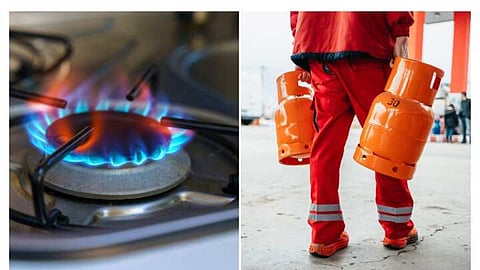

The Federal Government of Nigeria has introduced new tax relief measures aimed at enhancing investments in the deep offshore oil and gas sector.
This initiative is part of a broader strategy to stimulate economic growth and improve energy security within the country.
In a recent announcement, Wale Edun, the Minister of Finance and Coordinating Minister of the Economy, disclosed that key energy products and infrastructure will now be exempted from value-added tax (VAT).
This includes essential items such as diesel, feed gas, Liquefied Petroleum Gas (LPG), Compressed Natural Gas (CNG), electric vehicles, Liquefied Natural Gas (LNG) infrastructure, and clean cooking equipment.
The statement, issued by Mohammed Manga, Director of Information and Public Relations, emphasized that these fiscal incentives are designed to position Nigeria’s deep offshore basin as a prime destination for global oil and gas investments.
The government hopes that this will not only bolster energy security but also accelerate the shift towards sustainable energy practices.
This policy comes at a time when major international oil companies (IOCs), such as ExxonMobil and Seplat, are considering divestments from onshore operations. President Bola Tinubu indicated that these divestment plans would receive ministerial approval soon. The government is optimistic that these tax incentives will attract significant investments back into the sector.
He stated that these measures are crucial for lowering costs and enhancing Nigeria's competitive edge in the global oil market. The government views these reforms as essential steps towards fostering sustainable growth and economic prosperity for all Nigerians.
